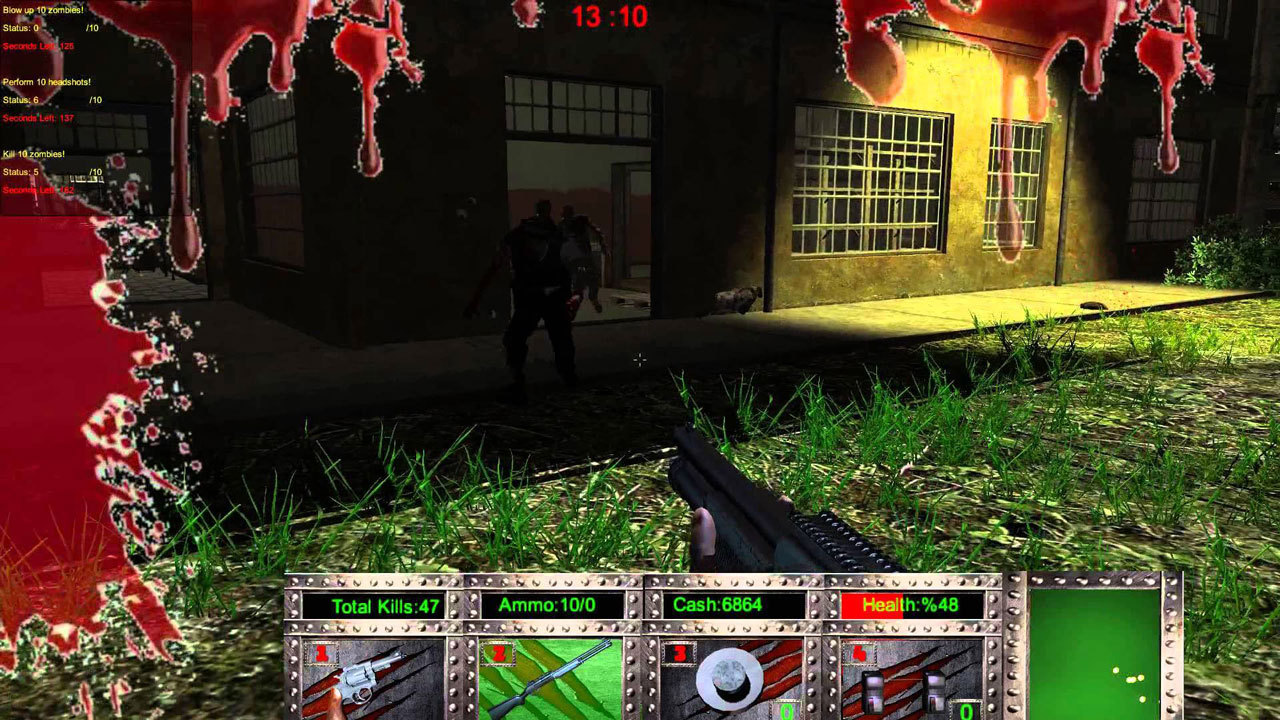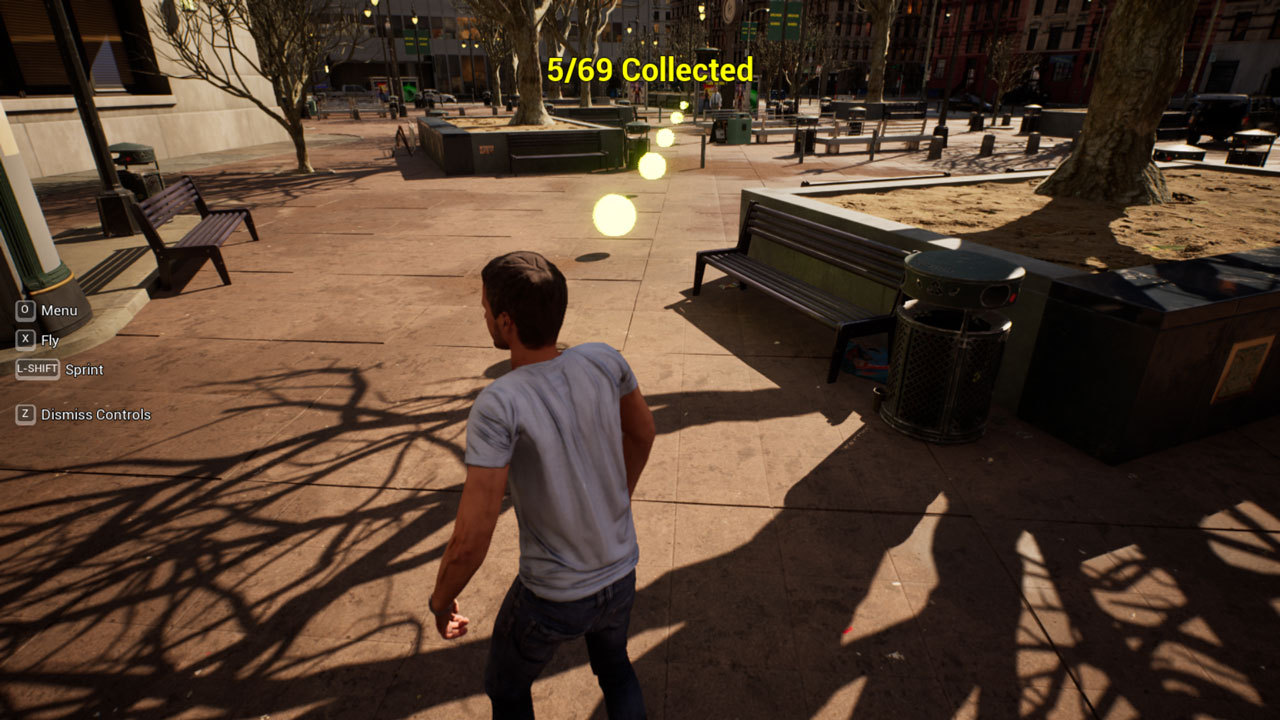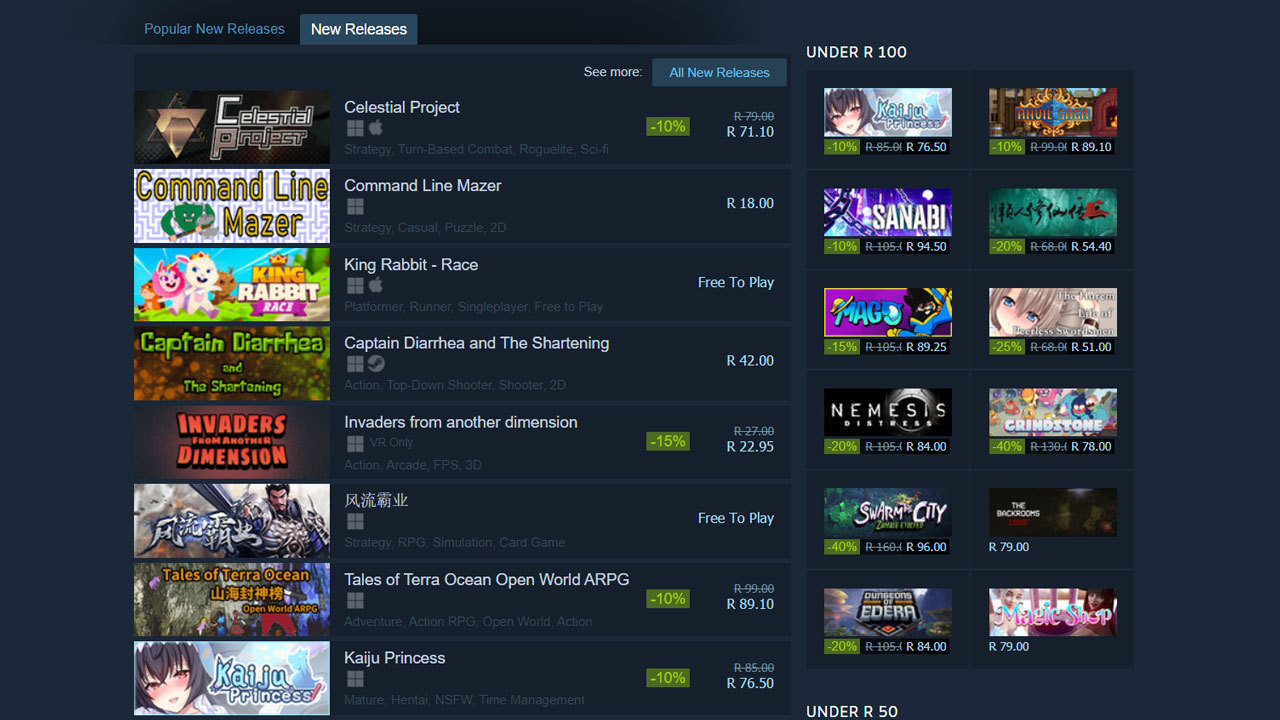The Biggest Problem With Asset Flip Games
What's the deal with asset flip games?
Rant by LCLupus on Jun 23, 2022
Are asset flips a good thing for the games industry? For those unfamiliar, asset flips are games that are immensely lazy. Essentially, you have access to an engine like Unity, and then you go onto the Unity store, where you buy art assets that talented people have made. You then simply dump them into a game build and compile them. This, generally, results in a game that may look good, and so it may fool less discerning consumers, but is often fundamentally broken or has little to no gameplay. For instance, it might be a single level that you shoot things in or a whole city with absolutely nothing to do.
Once upon a time, asset flips were the talk of the indie town. They became prominent through the work of people like Jim Sterling, who even had a lawsuit brought against them because of their negative coverage of an asset flip company. However, opinions about them have somewhat faded over the years as people slowly started to forget that they exist. This isn’t bad, as forgetting that asset flips exist is probably great for your mental health, but asset flips never go away in reality.

Asset flips simply continued. They received less coverage overall, and some were even banned off Steam, like the aforementioned dev that sued Jim Sterling. But asset flips never went away. They’re still on Steam. They still appear because Steam has rather lax rules and guidelines for releasing a game on its platform. So, asset flips often make their way onto the platform for a dollar or less. This lets them fly under the radar. You hardly even notice them, except that you do.
According to Statista, more games are released each consecutive year on Steam, and 2021 was no different. There were over 10,000 new releases. Is this because 10,000 devs are working hard and producing the best possible game they can produce? No. It’s because many of them are just asset flips. There are always great new games made every single week, and the proportion continues to increase as the AAA industry expands and the indie scene grows. Still, even those talented people would not be able to account for the immense proliferation of new titles.
And this is the biggest problem with these games. They never went away. We tend to think of asset flips as a thing of the past. They’re so 2014. But they’re not. This month, an asset flip made its way to NoobFeed and managed to sneak into the new releases. It was not a good game. And, after a quick perusal of the developers' Steam releases, they release a new game practically every month.
A new game a month! If you know anything about how long it takes to make a game, you will know that one month is hardly enough time to do anything. Unless, of course, everything you make is meant to be a shallow effort and made to encourage as many quick impulses and mistaken purchases as possible.

These games clutter up the new releases on Steam. It isn’t easy to sift your way through an organic list of new releases when only one in every twenty games is a legitimate one. And, remember, not every legitimate game is good either! Because you may end up with another kind of game that managed to make its way into NoobFeed’s new releases, the kind of game that is simply poorly made. Not one is made by what is essentially a fake developer, but one is made by someone genuinely trying, someone who just isn’t doing a good job of that yet.
We all want to play good games. The only people who are masochistic enough to play bad games on purpose are YouTubers who have staked their careers on playing terrible games, especially terrible horror games. But for those people, a terrible game means content. For everyone else, you cannot use a genuine list of new releases to find new games. You have to use curated lists. You have to go onto a big site that tells you all the latest releases. But the thing about that is that those curated lists, either by people at sites or algorithms that Steam uses, don’t give you all the good things. They give you the most popular things.
“Good” and “popular” are entirely different from one another. They can sometimes be the same, but they are not technically the same. And when asset flips swarm the new release lists and clogs them up, you’ll probably miss so many good games. Great indies are made by great people who have sunk their hearts and souls into them. It’s easy for an established company, whether AAA or indie, to get some attention because they’re established! But small indies trying to break into the market, who are trying to show off what they’ve got, are often ignored.
This isn’t a nefarious ploy by bigger companies to crush the little guy, but rather the overwhelming systemic flood of people trying to make money off games. Most of those trying to make that money are not good for the industry, so those who are good for the industry, those who are trying things outside the norm, never see any success because why would they? They get no recognition. They get no press coverage. They simply release their game, and within a day, it’s several pages down the new release lists and becomes buried under a sea of garbage.

This is not solely a Steam problem but instead an issue all over. Self-publishing has allowed anyone to create anything, and that’s great. Some amazing things have come out of that, like indie YouTubers, writers, musicians, etc., but it also means that everything good has the potential to fall under the waves of endless trash. And that just isn’t great for an industry that supposedly wants innovation.
But what can we do about this? Is there anything we can do about it? We could, as a community, do our best to elevate all the amazing creators out there and try to ensure that they gain the recognition they deserve. However, this would be a monumental task. But, sadly, the best thing would be stronger moderation from storefronts like Steam. But at what cost? What if we lose great indies because they couldn’t clear Steam’s threshold? So, in the end, what do you think we should do?
Contributor, NoobFeed
Latest Articles
No Data.

